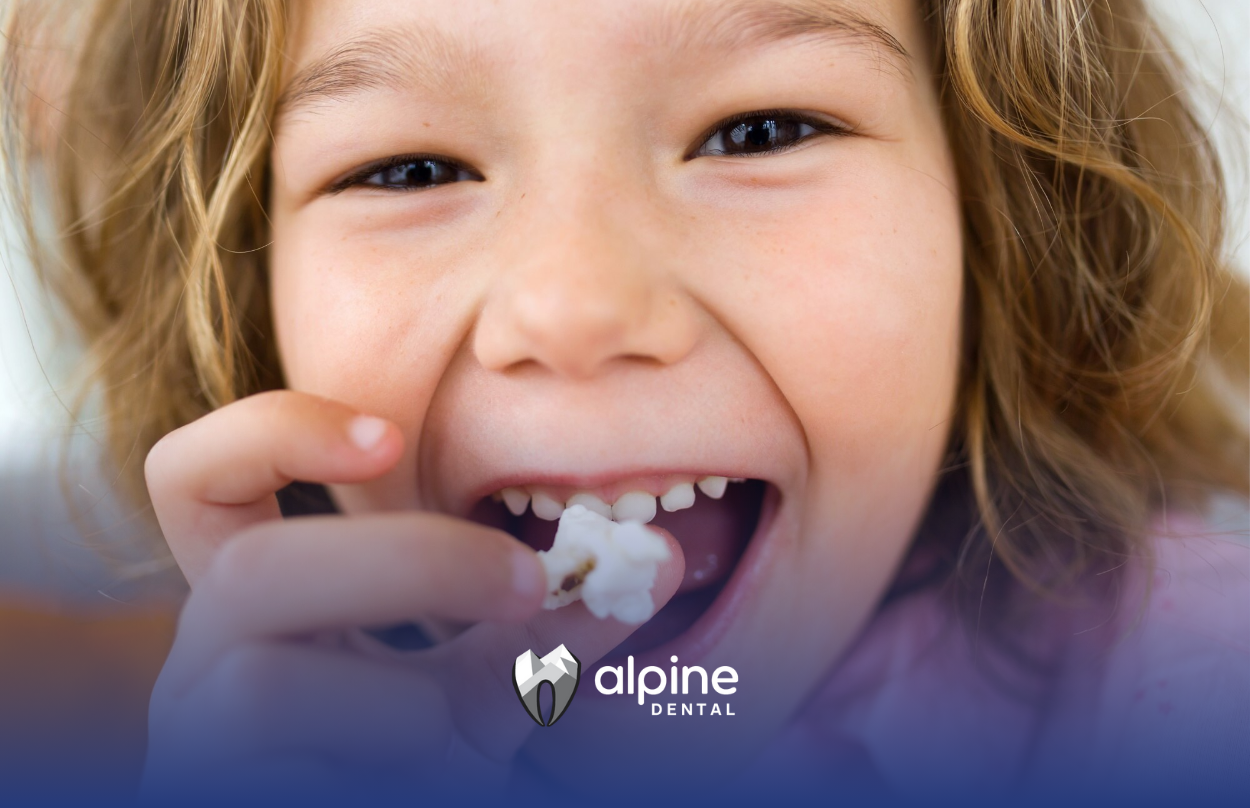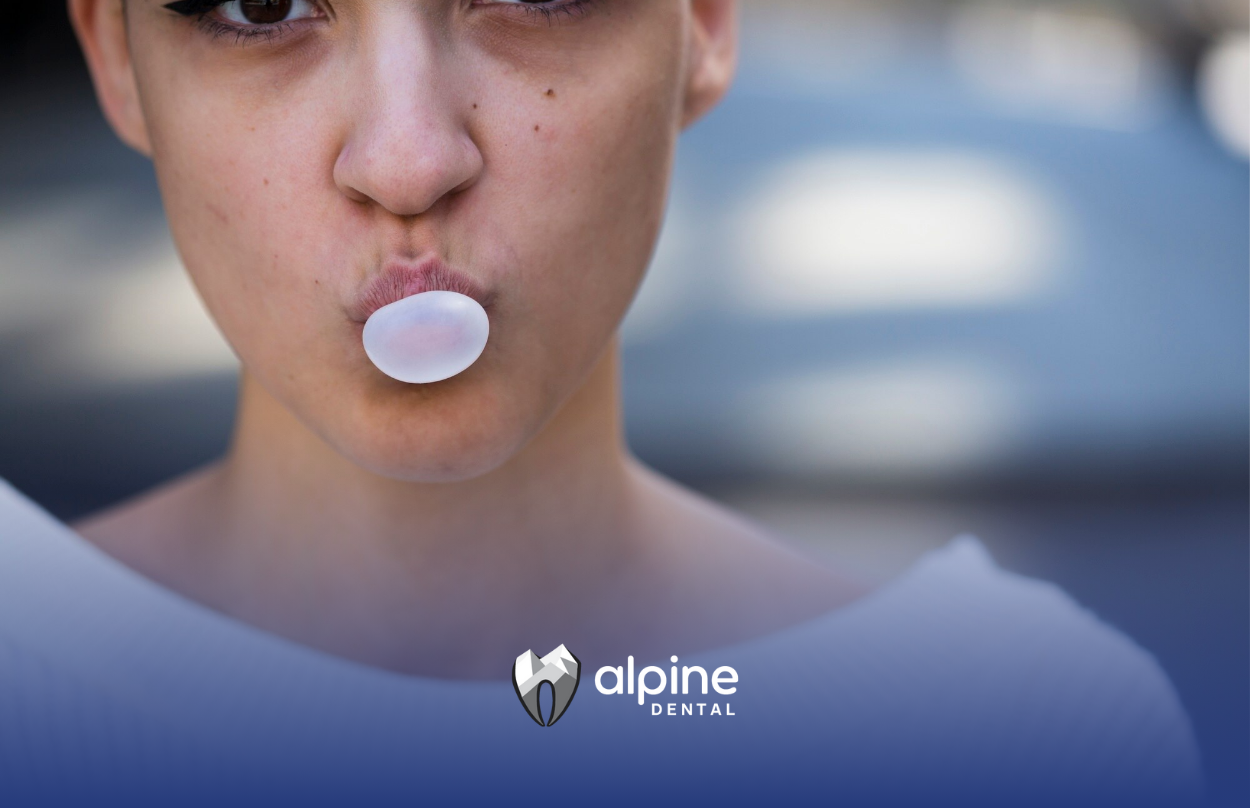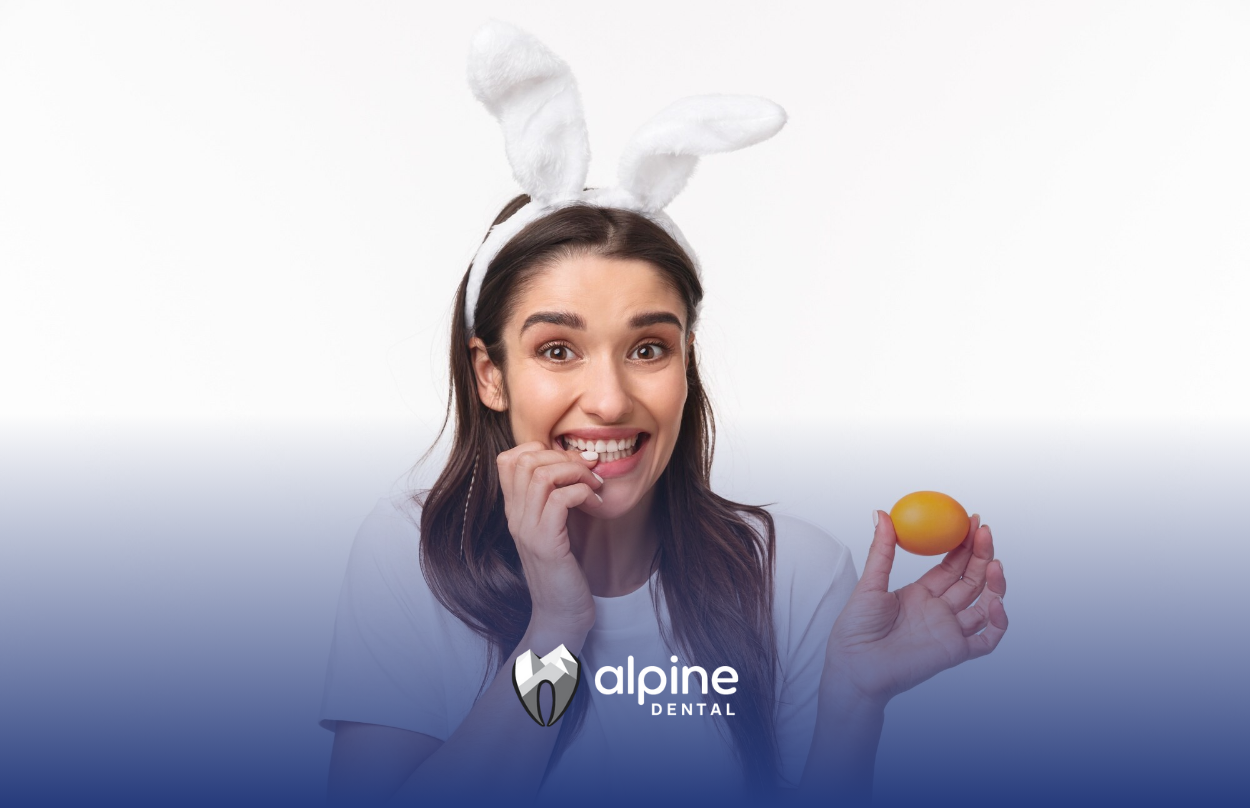Causes of Yellow Teeth and How to Keep Your Smile Bright
Causes of Yellow Teeth: What You Need to Know
A bright smile is a sign of good oral health, but many people struggle with yellow teeth even with proper brushing. Tooth discoloration can result from diet, habits, aging, or genetics. Understanding the causes can help prevent yellowing and maintain a radiant smile.
What Causes Yellow Teeth?
1. Poor Oral Hygiene
Not brushing or flossing enough leads to plaque buildup, which can cause yellowing.
- Solution: Brush twice daily, floss daily, and visit your dentist regularly.
2. Staining Foods and Drinks
Certain foods and drinks contain pigments that stain teeth.
Common Culprits:
- Coffee, tea, and red wine
- Dark sodas
- Berries (blueberries, blackberries, etc.)
- Tomato-based sauces
- Solution: Use a straw for drinks and rinse your mouth afterward.
3. Smoking and Tobacco Use
Nicotine and tar leave persistent yellow or brown stains on teeth.
- Solution: Quit smoking and avoid tobacco products.
4. Aging
As enamel wears down, the yellowish dentin underneath becomes more visible.
- Solution: Maintain oral hygiene and consider professional whitening treatments.
5. Genetics
Some people naturally have thinner or more yellow-toned enamel.
- Solution: While genetics can’t be changed, whitening treatments may help.
6. Medications
Certain medications, such as tetracycline antibiotics, antihistamines, and blood pressure drugs, can cause discoloration.
- Solution: Consult your doctor for alternative options or whitening treatments.
7. Excessive Fluoride Exposure
Too much fluoride, especially in childhood, can lead to fluorosis, causing streaky discoloration.
- Solution: Use fluoride in moderation and consult a dentist if concerned.
8. Enamel Erosion
Acidic foods, aggressive brushing, and acid reflux can erode enamel, making teeth appear yellower.
- Solution: Avoid acidic foods, use a soft-bristled toothbrush, and rinse after acidic drinks.
How to Prevent Yellow Teeth
- Brush and Floss Daily: Use fluoride toothpaste and a soft-bristled toothbrush.
- Rinse After Eating or Drinking: Water or mouthwash helps wash away stains.
- Use Whitening Toothpaste: It helps remove surface stains but not deep discoloration.
- Drink Plenty of Water: It flushes food debris and prevents plaque buildup.
- Eat a Balanced Diet: Crunchy fruits and veggies (like apples and carrots) act as natural toothbrushes.
- Limit Staining Foods and Drinks: Reduce coffee, tea, and red wine consumption.
- Quit Smoking: Avoid nicotine and tar stains.
- Visit Your Dentist Regularly: Professional cleanings prevent buildup that leads to yellowing.
Treatments for Yellow Teeth
- Professional Whitening: In-office bleaching provides fast, dramatic results.
- At-Home Whitening Kits: Less potent than professional treatments but still effective.
- Dental Veneers: Thin shells placed over teeth for a permanent whitening solution.
- Bonding: A tooth-colored resin covers stains for a whiter appearance.
When to See a Dentist
If discoloration persists despite good hygiene, or if yellowing is accompanied by pain or sensitivity, visit a dentist.
At Alpine Dental, we offer professional whitening and cosmetic treatments to restore your bright smile. Contact us today to schedule an appointment!
Frequently Asked Questions
Can yellow teeth become white again?
Yes, professional whitening and lifestyle changes can significantly improve discoloration.
How long does it take to whiten yellow teeth?
Professional treatments can show results in one session, while at-home methods may take weeks.
Do whitening treatments damage enamel?
When used correctly, professional treatments are safe, but overusing at-home products can cause sensitivity.
Sources:
- https://my.clevelandclinic.org/health/diseases/10953-plaque
- https://www.healthline.com/health/foods-that-stain-teeth
- https://www.healthline.com/health/smokers-teeth
- https://pubmed.ncbi.nlm.nih.gov/15485524/
- https://www.bupa.co.uk/dental/dental-care/news/natures-toothbrushes




